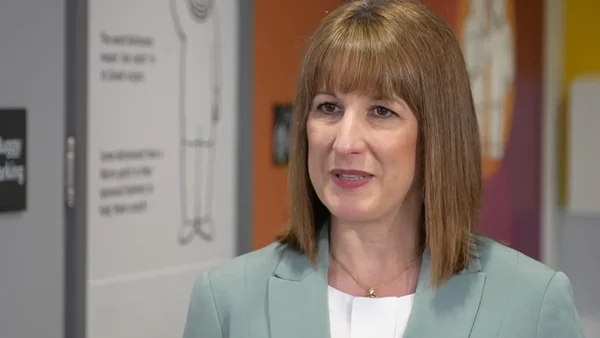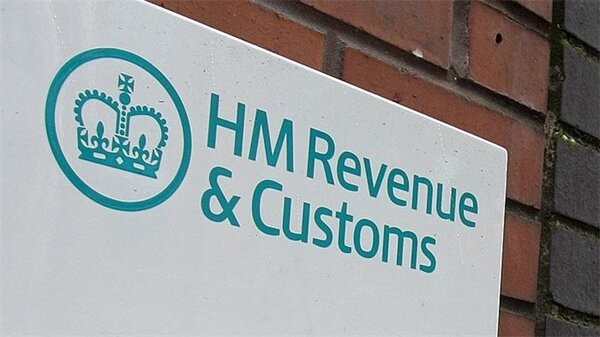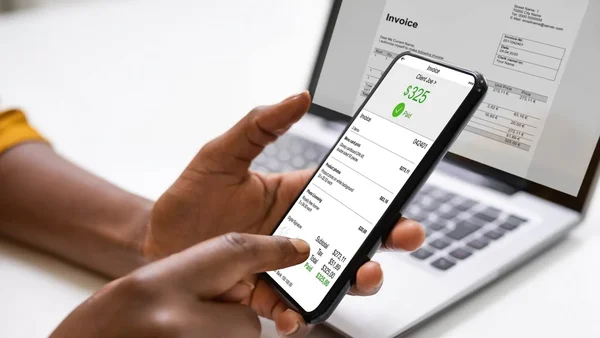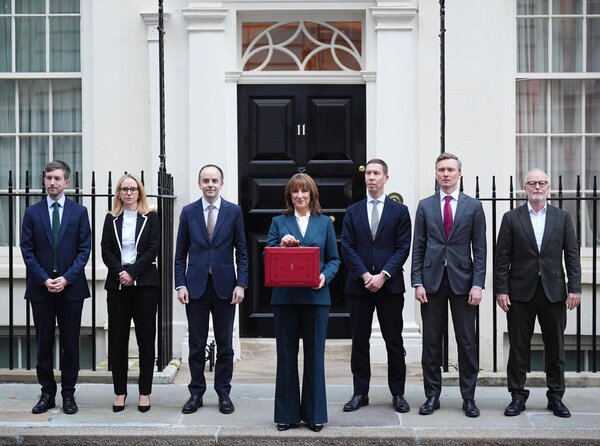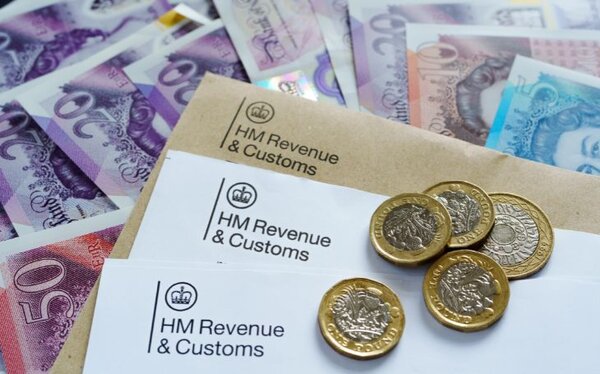Let’s Make Digital Nomad Tax Simple...
Working remotely around the world? Wondering how to stay on top of your UK taxes while living abroad?
From tax residency and international compliance to expense tracking and double taxation, it can get complicated fast.
This guide breaks down what you need to know about digital nomad bookkeeping and helps you stay compliant while enjoying the freedom to work anywhere. Let’s get started.
What Exactly Is Digital Nomad Bookkeeping for UK Citizens?
Digital nomad bookkeeping for UK citizens means tracking your income and expenses while working abroad. It’s about managing your UK tax obligations regardless of which time zone you’re in.
Your UK tax residency status forms the foundation of your tax position. This determines whether you need to pay tax on your worldwide income or just UK earnings.
Managing multiple currencies presents a significant challenge. You’ll need to convert everything to GBP using HMRC’s approved exchange rates when filing your return.
Good bookkeeping requires digital systems that work even with spotty Wi-Fi. Dead simple accounting is especially valuable for digital nomads, offering straightforward, easy-to-use solutions that simplify complex financial tasks.
Cloud-based tools become essential when you’re crossing borders regularly. Many digital nomads rely on a bookkeeping service that includes features like uploading bank statements, managing invoices, and supporting remote record management as part of a comprehensive accounting package.
UK Tax Residency Rules: The Basics
The Statutory Residence Test determines your UK tax status. It might sound complex, but it essentially comes down to counting days and connections. The time spent in each country is a key factor in determining your tax residency and legal obligations.
The 183-day rule is straightforward: spend 183 or more days in the UK in a tax year, and you’re automatically UK resident. This is a hard line that HMRC doesn’t compromise on.
Fewer days in the UK? Then the “sufficient ties” test applies. Family, accommodation, work and other connections to the UK all count as ties.
Even if you’re living the nomad life, you might still be UK tax resident. This means you could owe UK tax on your worldwide income, not just UK earnings. Digital nomads often face complex tax situations due to their international movements and varying residency status.

Income Tracking for Digital Nomads
How you structure your business matters significantly. Self-employed sole traders face different tax rules than those operating through a limited company.
Foreign income must be reported on your UK tax return if you’re UK resident. This includes client payments, investments, and rental income from overseas properties.
The UK has double taxation agreements with many countries. These prevent you from paying tax twice on the same income, but you must claim the relief. Understanding the tax implications of earning income in multiple countries is crucial for digital nomads.
Keep detailed records of where you were when you earned money. Maintaining organised financial records is essential to support your tax filings and ensure compliance with various regulations. This helps determine which country has primary taxing rights under international agreements.
If you operate through a UK limited company, you must also prepare and submit company accounts in addition to your personal tax return.
Efficiently managing taxes is important to avoid penalties and ensure compliance with income tax regulations.
Claiming Expenses While Working Abroad
Co-working space memberships are typically tax-deductible. They’re considered necessary for your business operations, just like an office would be at home.
Travel costs between workplaces can be claimed. However, flights to a new country just because you fancy a change of scenery aren’t deductible.
Technology costs, laptops, phones, software subscriptions, are usually deductible. This applies when they’re primarily for business use rather than personal. To be deductible, items must be used primarily for business purposes and not for personal activities.
Insurance specifically for your business activities is tax-deductible. This includes professional indemnity and business equipment insurance policies. Keeping proper documentation is essential for tax purposes.
Small business owners and small businesses can benefit from tailored tax advice to maximise their deductible expenses while staying compliant.
Double Taxation: Avoiding Being Taxed Twice
Double taxation is a real concern for digital nomads who earn income from multiple sources and spend time in different countries. It happens when you’re taxed on the same income by more than one country, a situation that can quickly eat into your earnings if you’re not careful.
To avoid double taxation, it’s crucial to understand the tax laws and double taxation treaties between the UK and the countries where you’re earning income. These treaties are designed to ensure you don’t pay tax twice on the same income, but you need to claim the relief correctly. Digital nomad accountants are experts at navigating these complex rules and can help you take advantage of favorable tax laws, reducing your overall tax liability.
If you’re earning income from multiple sources, keep accurate records of where and when the income was generated, and always check your tax residency status. Expert advice can make all the difference in avoiding double taxation and ensuring you’re only taxed where you need to be. By staying informed and proactive, you can keep more of your hard-earned money and avoid unnecessary tax headaches.

International Tax Compliance for UK Digital Nomads
Staying compliant with international tax laws is essential for any UK digital nomad. As you travel and work remotely, you need to be aware of your tax residency status and how it affects your obligation to file self assessment tax returns and pay taxes on your worldwide income.
International tax compliance means understanding the tax laws in every country where you have a presence or earn income. This can be a daunting task, but digital nomad accountants can guide you through the process, ensuring you meet all your tax obligations and take advantage of any available tax reliefs. Filing your self assessment tax returns accurately and on time is key to avoiding penalties and keeping your business running smoothly.
By staying on top of your tax returns and understanding your responsibilities under international tax laws, you can focus on growing your business and enjoying the digital nomad lifestyle, knowing you’re staying compliant wherever you go.
National Insurance Contributions: What You Need to Know
Even if you’re living and working abroad as a digital nomad, you may still need to pay National Insurance Contributions (NICs) in the UK. These contributions are important for maintaining your eligibility for UK benefits, such as the state pension and certain social security benefits.
Understanding your NIC obligations can be tricky, especially if you’re moving between countries or working remotely for clients based in different locations. Digital nomad accountants can help you determine whether you need to pay NICs, how to make payments from abroad, and how your contributions affect your overall tax liability.
By keeping up with your NICs, you ensure you’re not missing out on valuable benefits and avoid any potential penalties. Staying informed and getting expert advice will help you manage your tax responsibilities as a digital nomad.

Final Thoughts
Digital nomad bookkeeping requires attention to detail, but it needn't be overwhelming. Start with good systems and maintain them consistently.
Remember that your tax residency status is the foundation of your UK tax position. Track your days in the UK carefully to avoid unexpected tax bills.
Seeking professional advice tailored to your situation often pays for itself. The tax savings and peace of mind are worth the investment.
Tax compliance protects your nomadic lifestyle in the long run. The last thing you want is to be dealing with HMRC investigations while you should be enjoying your freedom.
Pie.tax: Expert Tax Guidance for Digital Nomads
Managing taxes while living a location-independent lifestyle can be challenging, but you don’t have to navigate it alone. Pie tax offers tailored tax advice and support specifically for UK digital nomads, helping you understand how your income, expenses, and travel patterns affect your tax position.
Our platform makes it easier for digital nomads to connect with UK tax experts, get personalised guidance, ask questions about their specific situation, and stay informed, no matter where they’re working from.
If you're unsure how your freelance or remote work impacts your UK tax status, or simply need help getting things in order, Pie.tax is here to guide you every step of the way.




